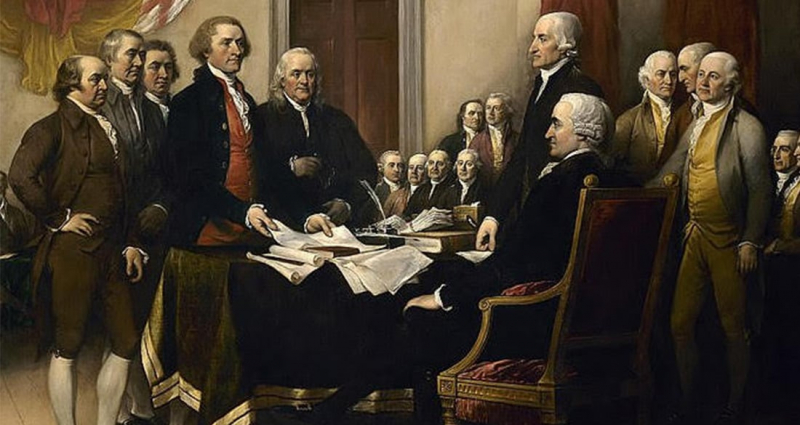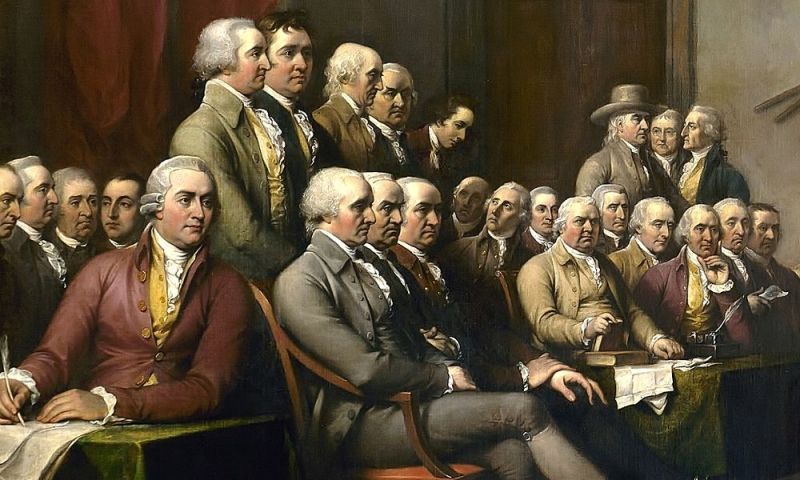Morality and the Founding Fathers
Despite having different religious perspectives, the founders shared a moral accord. The competitive elements, however, are where this unanimity lies. Although it is definitely true that the majority of the founders thought morality had to be connected to religion, others found it amusing to consider the idea of a secular ethical system. Where does the atheist morality come from? Thomas Jefferson questioned in a letter to Thomas Law dated June 13, 1814. It is pointless to assert that such a creature does not exist, as some do. John Adams, on the other hand, is of the opinion that religion is necessary for morality to exist. He stated, "Our Constitution is made only for moral and religious people," in an address to the soldiers in 1798.
Their opinions demonstrate how nuanced the founders' perspectives on the moral dilemma are. They had different ideas about morality's foundation and how to define it both religiously and secularly. They may possess unbounded insight, the power to alter the course of history, a wealth of knowledge, and most importantly, a shared commitment to strengthening my nation, but they cannot stop people from holding divergent views.








